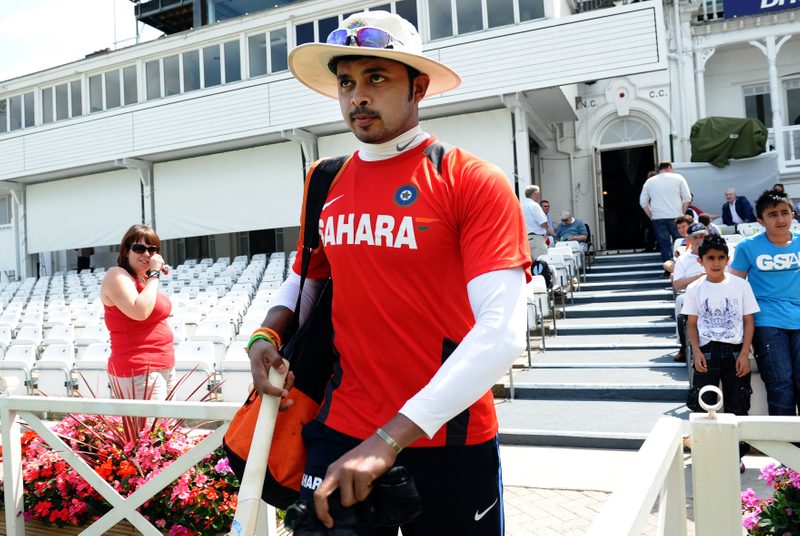
The Supreme Court of India (SC) has set aside the lifetime ban imposed on the tainted former Indian bowler, S Sreesanth and has asked the Disciplinary Committee of the Board of Control for Cricket in India (BCCI) to reconsider a fresh punishment within the next three months.
Paul Ellis / AFP
Sreesanth, who was allegedly involved in 2013 IPL spot-fixing, had previously argued that BCCI never gave him a chance to speak before submitting the final report of the case, but a bench comprising of justices Ashok Bhushan and K M Joseph has given him a new lifeline in the matter.
"The Supreme Court has given me a lifeline and it has helped me restore my dignity," Sreesanth was quoted by the Times of India.
"I have started to practice and hopefully I will be able to start playing cricket soon enough. I request the BCCI not to take a decision on the punishment for me.
"I have waited long enough, six years. I want to start by playing club cricket and I am hoping to play in the Scottish league, which starts in April," he added.
The bench has asked the BCCI to consider the extent of the punishment by hearing what the former cricketer has to say. Meanwhile, while the BCCI think the ban is an ideal punishment, Salman Khurshid – Sreesanth’s lawyer – says the only fault of the bowler was not to disclose the entire happening.
"Life ban given to Mohammed Azharuddin (former India captain) was overturned. Pakistan's Salim Malik got a life ban but it was overturned. Hansie Cronje was given life ban but he died in a plane crash when proceedings were not closed," Khurshid had argued. "If at all he is guilty of anything, it is for failure to disclose about fixing, etc, despite having knowledge. That will make him guilty only of the least punishable offence. There is nothing on record to warrant a lifetime ban."
It was back in 2013 that Sreesanth along with his two other teammates Ankit Chavan and Ajit Chandila were arrested over the charge of alleged spot fixing by the Delhi Police following which a lifetime ban was imposed by the BCCI to the cricketers. In 2015, the trio was released after no evidence was found over their involvement in the fixing.







